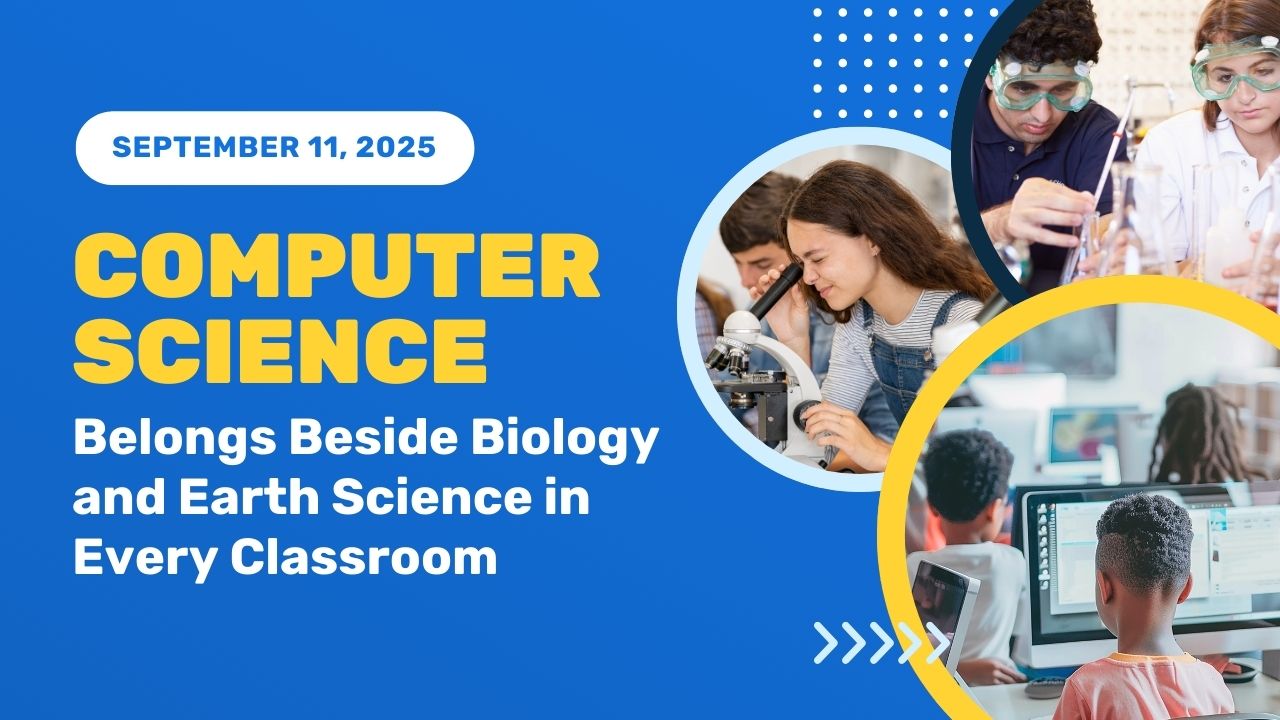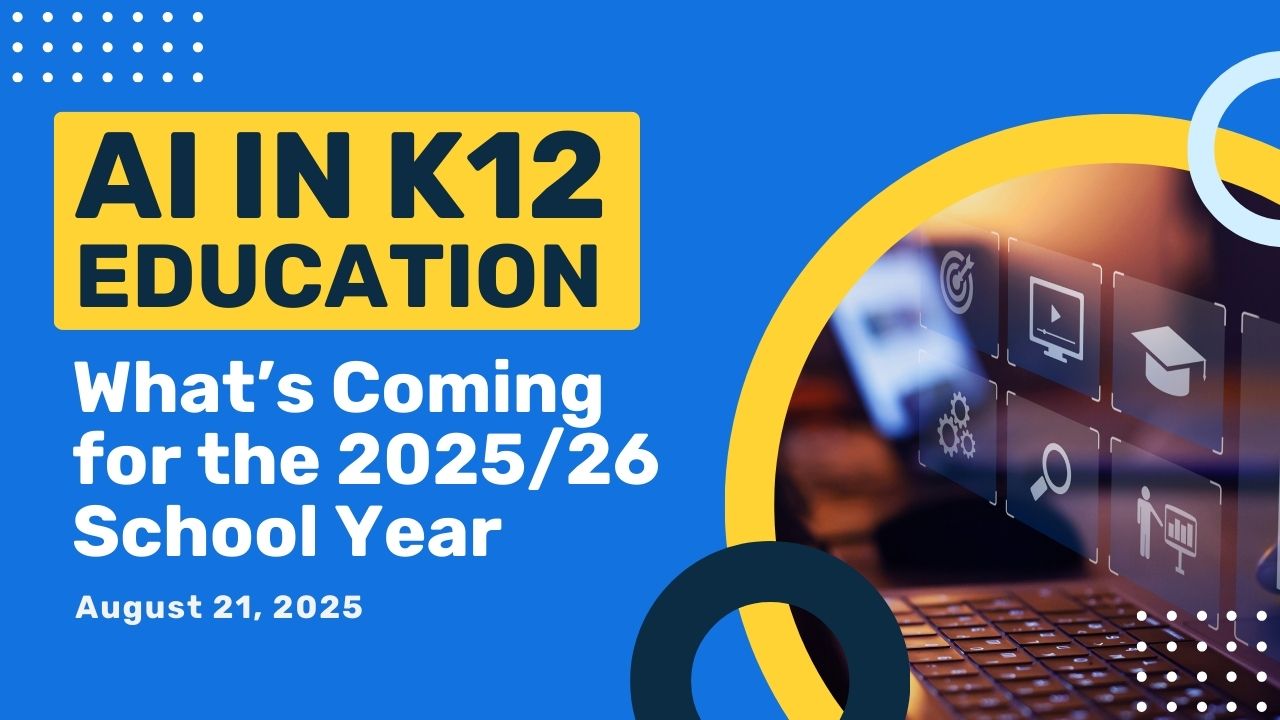Teaching a new subject can be stressful. For a discipline as unique and novel as computer science, it can be particularly nerve-wracking. Coding is a subject that requires a flavor of knowledge somewhere between math and a second language. That’s scary, particularly for those who don’t consider math a strong suit or have never been bilingual.
But you’re not alone, and, even with coding, there are many strategies that can improve your teaching experience, save your time, and provide value for your students.
Discover five tips for effectively teaching your students how to code without needing to be an expert programmer:
Learn With Your Students

Being a successful teacher doesn’t require perfect knowledge of a subject. Once you establish with a class that you aren’t sure about something, you can then show them how to find an answer.
There are many benefits to being honest with students when you aren’t sure about something. The greatest of these is creating an opportunity to teach them how to learn.
When you come across an unfamiliar concept, level with your students and work towards discovering the answer as a team. When you all find the solution, they’ll also learn how to model research!
Get One Step Ahead

If you’re nervous about leading a class with a web-based or program-based course, ease your mind by taking the course yourself.
If you know what to expect next, you won’t need to worry about what questions or problems your students might have.
Plus, staying a step ahead of your students’ learning will give you valuable insight into what will work well for your class. After getting through a lesson, you’ll better understand how long it will take, how difficult it is, and what additional resources your students might need.
Lean on Resources

When in doubt, search for additional resources. Nowadays, there is an abundance of products that can lessen your burden -and a lot of them are free!
With the right websites, products, and programs, you’ll be able to provide quality education to your students without worrying about creating it yourself! Here are a few to get you started:
- Scratch (Ages 8-16)
- Code.org (Grades K-12)
- Khan Academy (Ages 13+)
- App Inventor (Ages 13+)

Let Students Set the Pace

Let your students lead the way. The speedy coders in your class will become fabulous resources if you let them have free reign.
When a student is struggling with a lesson, all they need to do is find another student that has already solved that problem! Plus, the students that help out will solidify what they know by sharing it with others.
If a student is stuck and you don’t have a solution, be a rubber duck. Seriously, Rubber Duck debugging is a method used by professionals! When engineers try to debug their code, they’ll explain the logic out loud to a rubber duck or toy.
When a student is stuck, be their rubber duck. Ask them to explain their logic. They’ll likely realize a mistake or come up with an idea in the process of sharing their logic.
Get Certified

The best way to be comfortable with teaching code is to learn how to code.
Luckily, there are fabulous resources available! You don’t need to sign up for college courses or commit to attaining a new degree. Instead, look for applicable certificates online and courses that help you gain them.
Learning to code is uniquely challenging at times. But it’s also uniquely rewarding! When you can empathize with your students and their struggle to understand, it will be much easier to offer them encouragement and solutions.
Searching for professional development courses? Learn Unity and C# with Mastery Coding!
Our 8-week course will prepare you to attain the Unity Certified User Programmer certification. It will also help build your portfolio and show you how to create video games!













.webp)

